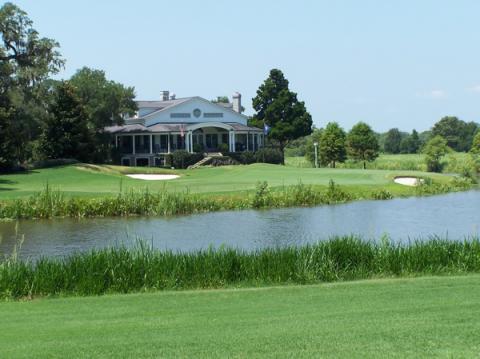This was typical: "In the San Antonio (TX) area, we are seeing the investors from out of state starting
"In my area, homes are still seeing appreciation -- and the ‘overstocked' inventory that was on the market over the past year is decreasing," wrote a Raleigh, NC, realtor. "Market activity has increased dramatically over the past two months."
Even the prospects for newly built developments received shout outs. "We have seen traffic increase tremendously at a new construction site (55+ community)," wrote a realtor who sells near the Pennsylvania and Delaware state lines, "and I've submitted and received multiple offers [for properties]."
All these rosy reports certainly fly in the face of the national media's gloomy reports and continually dismal economic data. But as one agent gently chided me after I asked about his bullish predictions for his island community in Florida in the face of economic chaos, "Real estate is local and....here the buyers we are working with are mostly local people."
That sounds a bit too much to me like the movie The Truman Show. (Truman, who is played by Jim
In the face of all that, it is hard to imagine any safe haven market, although there is little doubt that housing prices in some areas of the country sunk so far so fast that they are now attracting buyers once again. Are they false positives? Some of them will be. But there are some phenomenal buys out there, with circa 1999 prices attached to them. The recent spurt of buying activity could be a positive signal, given the reports of local real estate agents. Even eternal optimists are sometimes right.
























